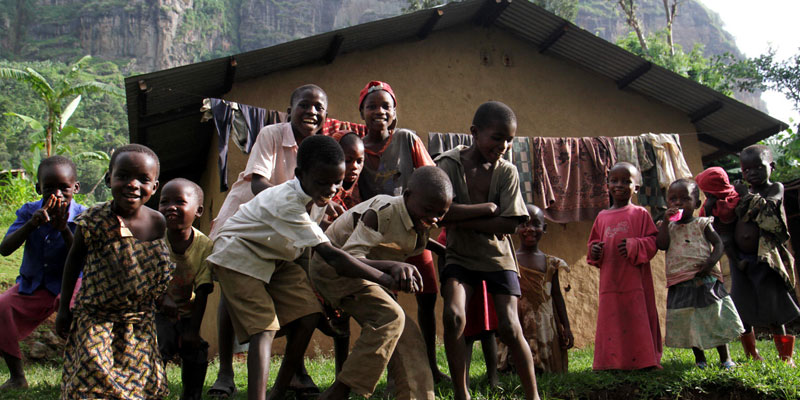Spotlight on ORS/Zinc and Amoxicillin for Diarrhea and Pneumonia
World Health Organization recommended treatments for diarrhea and pneumonia—Oral Rehydration Salts (ORS), zinc and amoxicillin— are highly effective and affordable. However, they remain underutilized and as such, have been identified by the UN Commission on Life-Saving Commodities for Women’s and Children’s Health as three of 13 commodities that if more widely accessed and properly used, could save the lives of more than six million women and children worldwide.

